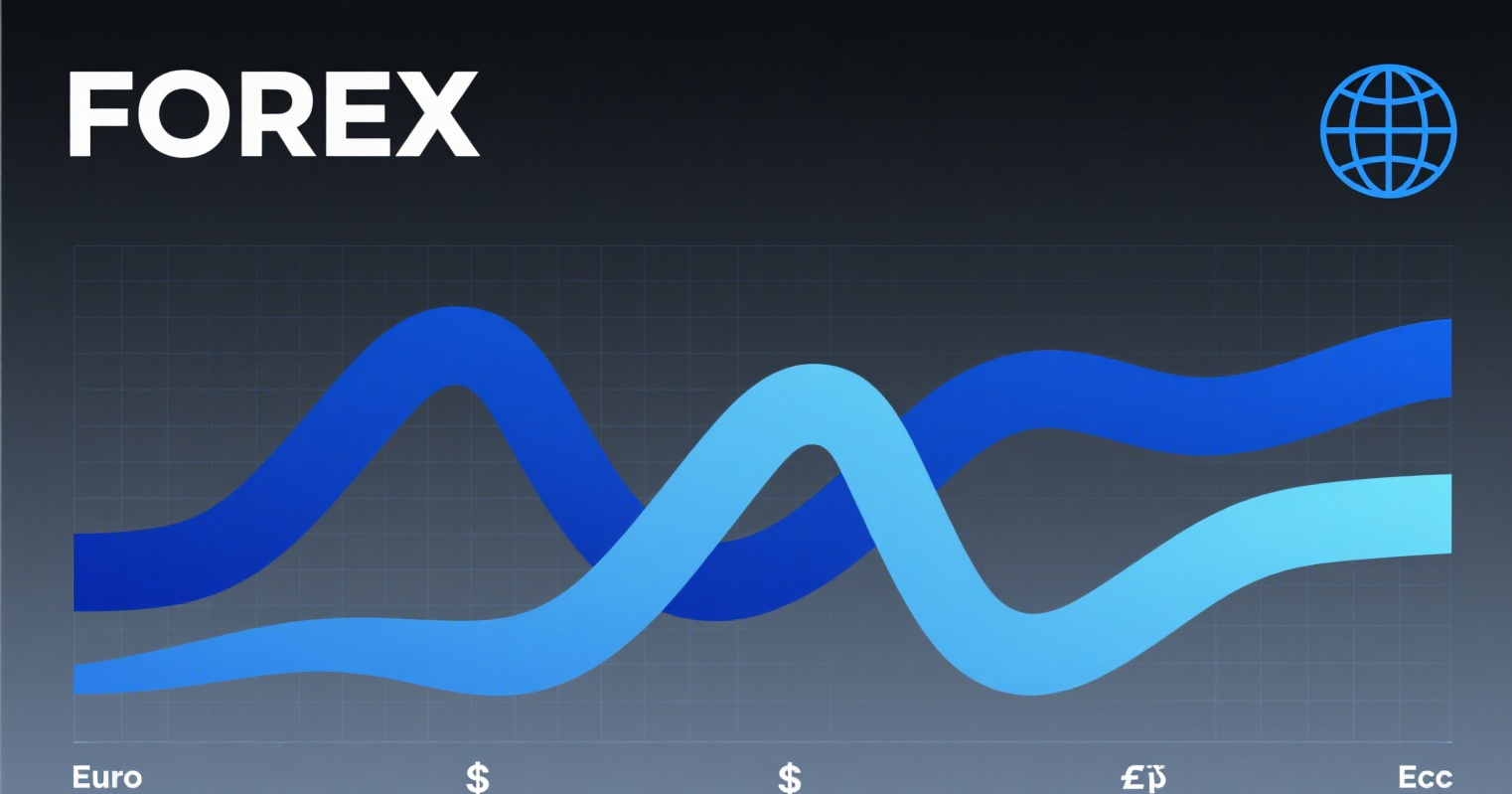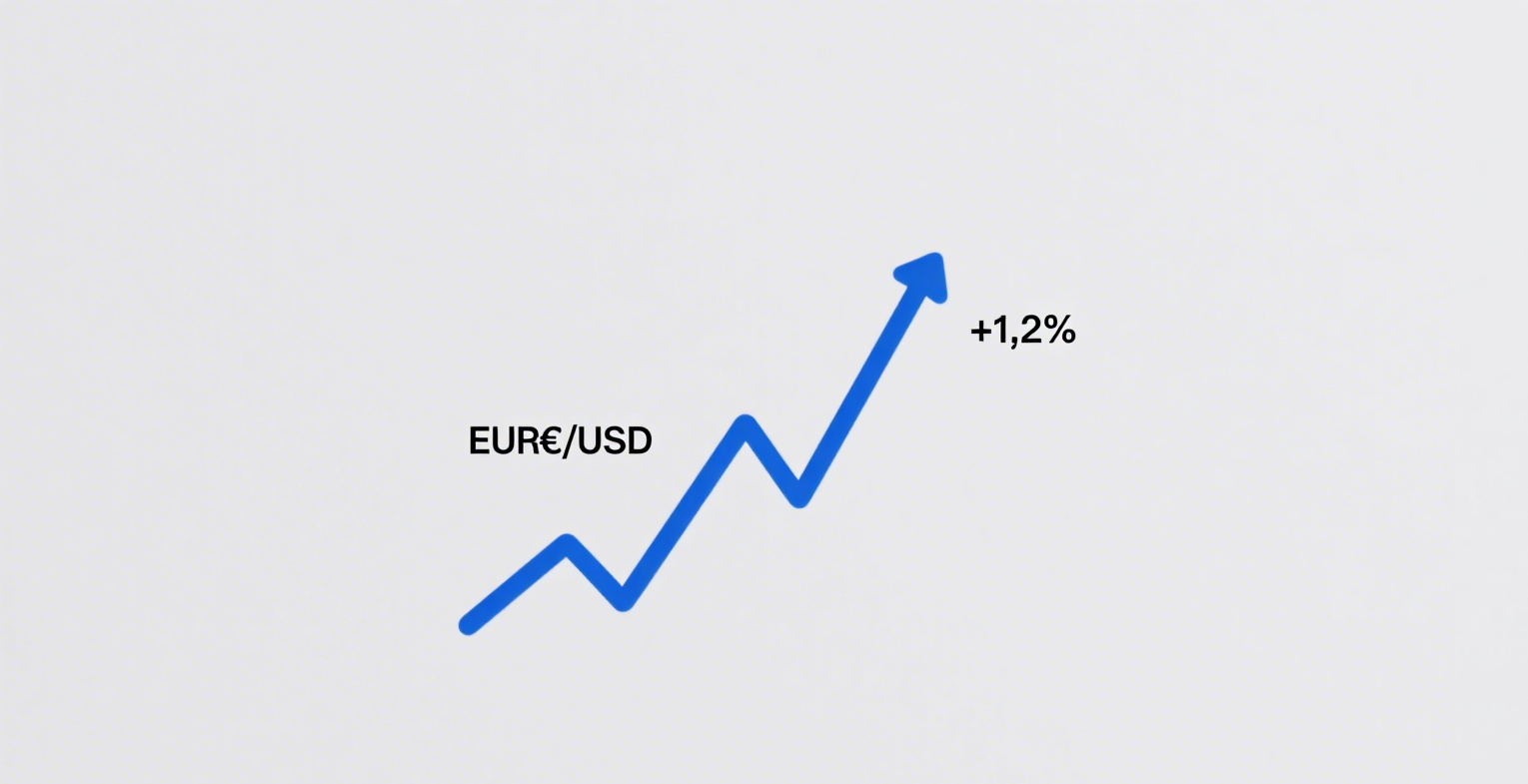
How Significant Is the Impact?
Among global chip manufacturers, Texas Instruments (TI) boasts the broadest customer base and the most extensive product portfolio, making its financial performance and outlook a key indicator of demand across various industries.
TI is the world’s largest producer of analog chips and microcontroller units (MCUs), with products performing simple yet critical functions in a wide range of applications—such as converting power supplies to different voltages in electronic devices.
In recent years, analog chips have become indispensable in multiple key modules and systems of electric vehicles, including power management, battery management, sensor interfaces, audio and video processing, and motor control.
Analog chips convert real-world signals (e.g., sound, temperature, pressure, current) into digital data, supporting applications like automotive ADAS, industrial automation, IoT sensing, and smart grids. Their high replacement difficulty and long design cycles create long-term customer stickiness once adopted.
MCUs act as the "brains" of electronic devices, handling logic control and real-time computations. They are found in nearly all networked or electromechanical systems (e.g., home appliances, meters, vehicle control, medical monitoring). TI’s MSP430, C2000, and Arm-M series MCUs dominate the low-power and industrial real-time control markets.
As the long-standing global leader in analog chips (19%–20% market share) and a top-five MCU supplier (with over 40,000 embedded devices), TI offers 80,000+ analog, power, signal chain, and MCU products to 100,000+ major clients, penetrating virtually all end markets (automotive, industrial, communications, consumer electronics, healthcare, etc.).
Thus, Wall Street regards TI’s quarterly results as a "semiconductor demand barometer"—its sales trends often foreshadow downstream industry cycles.
In fact, the uncertainty triggered by Trump’s tariff policies has prompted warnings from multiple chip giants.
Dutch lithography leader ASML recently cautioned that U.S. tariffs may prevent it from achieving growth by 2026. Like the broader semiconductor industry, ASML faces rising vulnerability to potential U.S. trade restrictions. Geopolitical uncertainties—especially post-April—have driven up prices for its machines and chips, leaving the market environment highly challenging.
Meanwhile, TSMC, the world’s largest chipmaker, has also adopted a conservative outlook due to tariff-related disruptions.















